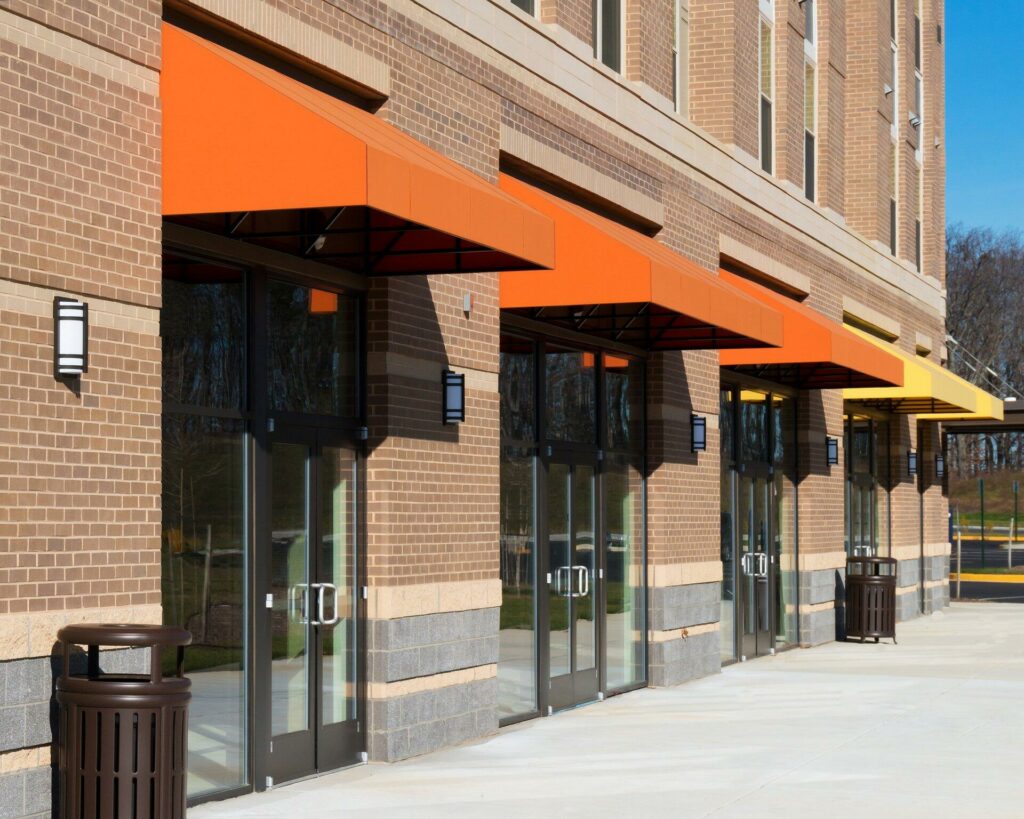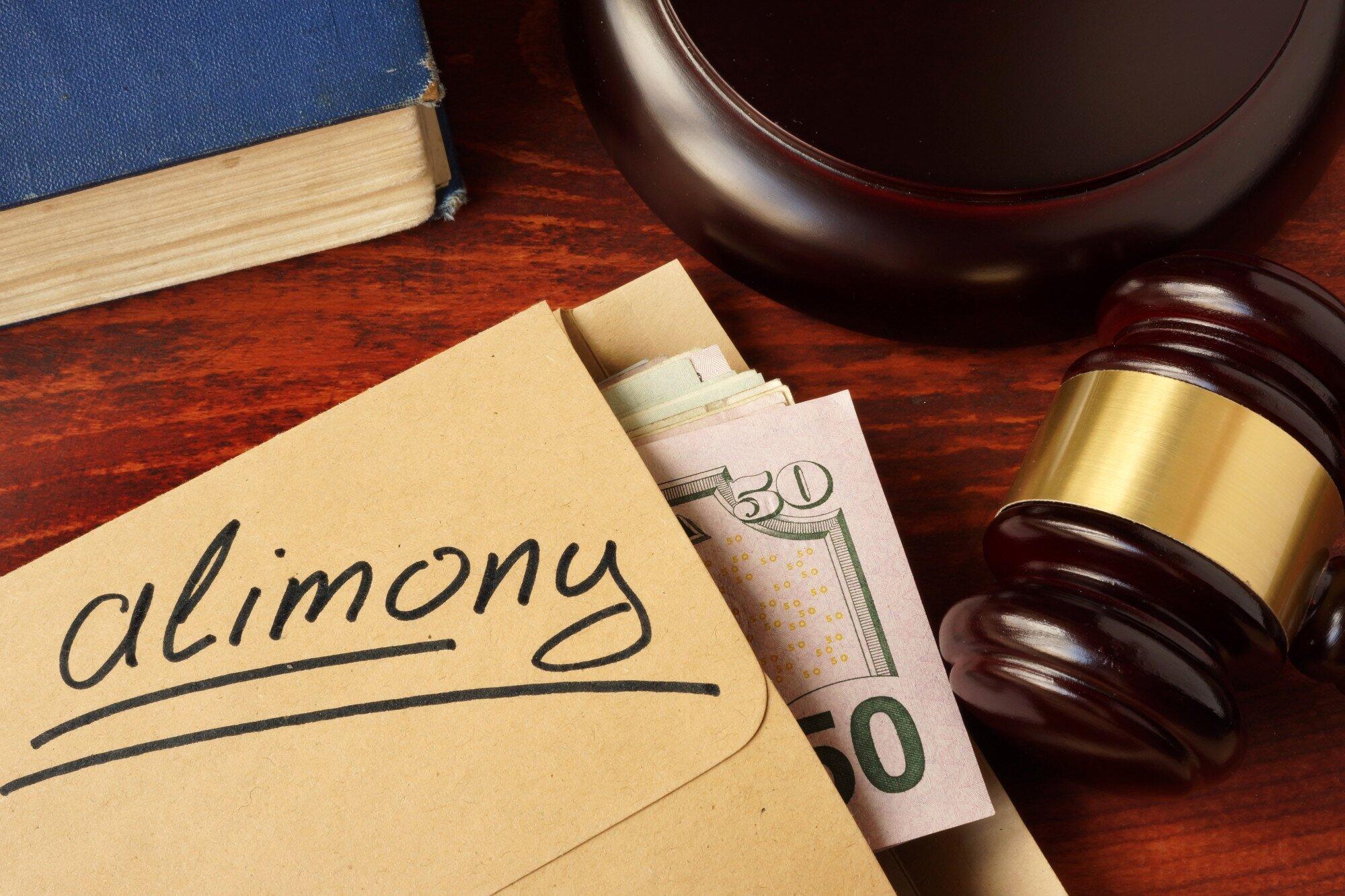What if you die without a will? Where do your assets go? Gallup recently released statistics that 46% of U.S. adults have a will. Since 1990, the results of this study have been steady. Estate planning and creating a will is essential to you and the people you love. A will describes how a person wants their estate and money handled upon death. In the state of Florida, it depends on two things. One is how you arrange your assets, and the other is intestate law. If you die without a will in the state of Florida, here is what will happen to your assets.
According to the Florida Law Guide
If a Florida resident passes away and they do not have a will, their property will go to the closest living relatives. This is according to the Florida intestate laws, which set forth a rigid formula for Florida judges to distribute the assets of the deceased.
Assets go to family members, preventing the assets from ending up in the state of Florida. The courts may not carry out the deceased’s wishes through this law. When the intent of someone who has passed away is not known to the court, intestate succession serves as a backup plan of sorts.
What Assets Do Intestate Laws Affect?
Not all assets are included in the intestate laws. Only assets a person would include in their will are subject to intestate laws. A common type of property that interstate laws do not have jurisdiction over is jointly owned property.
Jointly owned property can include items like:
- Bank account
- Real estate
- Vehicles
Anything one or more people own as a joint tenancy is considered jointly owned property. In this case, the jointly owned property automatically goes to the surviving owner.
Assets That Are Not Included the Scope of a Will
Beyond jointly owned property, other items cannot be listed in a will. This includes some of the following types of assets:
- Assets in a bank account with a designation of payable-on-death
- Assets in a retirement account
- Life insurance proceeds
- Property placed in a trust
- Securities in a brokerage account with a designation of transfer-on-death
The above assets will go to the person who is named as the beneficiary of the deceased’s account.
The Intestate Laws of Florida
If you die without a will in the Sunshine State, the court will first find who are the surviving family members. Then, they will decide who inherits your property. Sometimes this is easy, and sometimes it is challenging.
A straightforward case usually means one relative or a group of relatives qualifies. Here are a few examples that make intestate laws simpler for the court.
- You do not have a spouse, so your children receive everything
- You leave behind a spouse and do not have children or grandchildren, so all your assets go to your spouse
- You have no spouse or descendant, but you have surviving parents, so your parents inherit everything
- You have no parents, spouse, or descendants, but you have surviving siblings, so your siblings inherit everything
These are the most straightforward scenarios. However, it can get complex quickly.
For instance, if you pass away, leaving behind a living spouse and children, the spouse would inherit everything unless there are children from another relationship. In such a case, the spouse inherits half, and the descendants inherit the other half.
The court treats adopted children the same as birth children in an intestate succession. Further, if a child is conceived but not born by the time you die, that child will still inherit their intestate share.
Stepchildren and foster children cannot inherit assets through intestate law unless the deceased person adopts them before they pass away.
How to Avoid Intestate Succession
If you would like to have your assets distributed differently than how intestate law will carry it out, you can avoid it in two ways. First, you could take your assets and arrange them so they would not fall within the scope of intestate laws. This means you can add a loved one’s name to your titles, deeds, bank accounts, etc.
Arranging your assets in such a way could be time-consuming. A much easier way to avoid intestate law is by contacting a professional Florida estate attorney to help you with estate planning. An experienced lawyer can help you create a will.
Further, you may worry about your assets transferring quickly to your loved ones. The probate process costs the most and can delay the distribution of assets. In this case, you will want to consider both creating a will and rearranging your assets.
Consulting with an attorney is a significant first step in ensuring your last wishes are fulfilled. It offers peace of mind.
If You Don’t Want to Die Without a Will
As you get older, you may worry about your assets and if your loved ones will have access to them if you were to pass away. The Florida Law Guide will decide where your assets go if you die without a will.
You can make things easier with estate planning and creating a will. When you work with Boyer Law Firm to settle the affairs of your estate, you will gain efficiency, clarity, and comfort.
If you were to die, it would be difficult for the people who love you. You can make things easier with proactive estate planning. Shoot us a message using our online contact form, or call us at (305)921-9665 to schedule a consultation.





